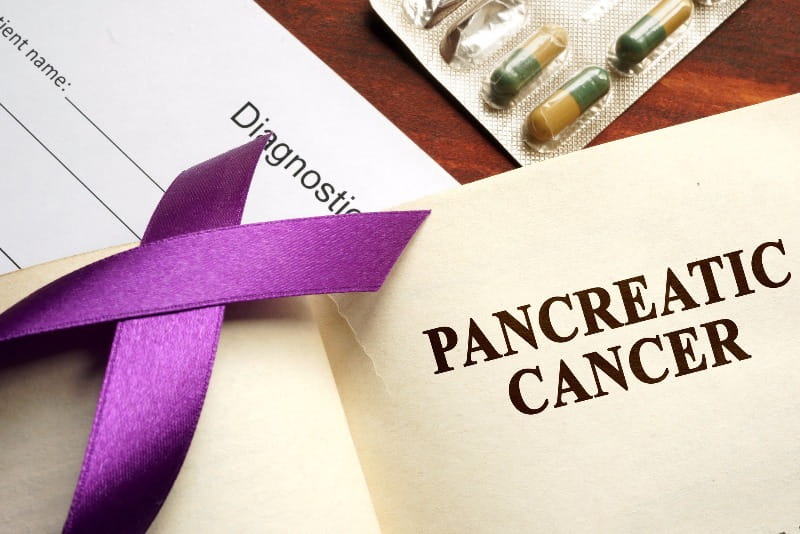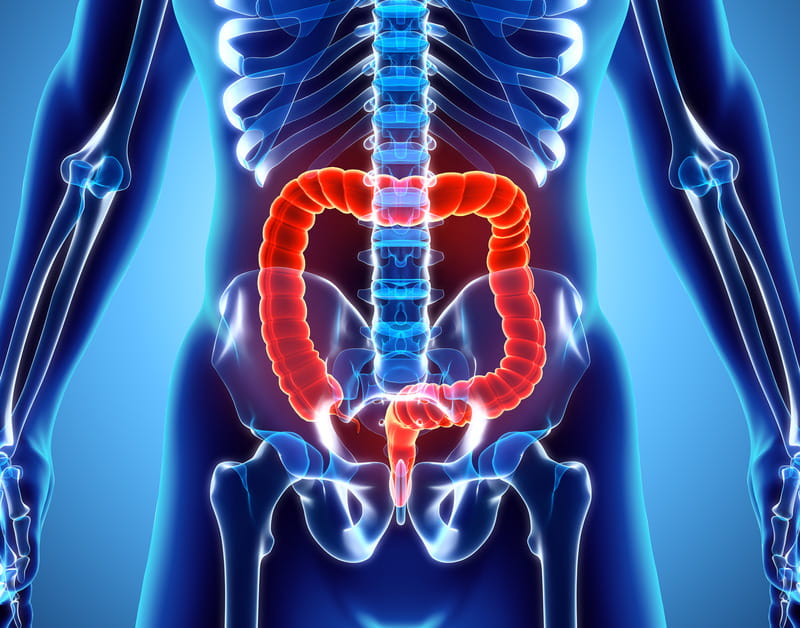5 factors that increase your risk of pancreatic cancer
Learn what may be linked to pancreatic cancer causes
Pancreatic cancer is sometimes referred to as a “silent” disease because it is difficult to detect in its early stages, when it's most treatable. However, it is the fourth most common cause of cancer in men and the fifth for women in the U.S.
“Your pancreas is a small, pear-shaped gland organ in your abdomen that works as part of your digestive system,” says Dr. Kyo Chu, a fellowship-trained cancer surgeon or surgical oncologist. “It produces important enzymes that help you break down your food and hormones that regulate your blood sugar.”
Symptoms of pancreatic cancer
Around 95 percent of pancreatic cancers are cancers of the exocrine pancreas, meaning they begin in the cells responsible for producing enzymes. Symptoms of pancreatic cancer can include back or stomach pain, bloating, jaundice, fatigue and weight loss. However, symptoms often do not appear until the disease is in advanced stages and can be misdiagnosed as other conditions due to their vagueness.Who is at risk for pancreatic cancer?
While the causes of most pancreatic cancers are still unknown, research has uncovered certain risk factors that make a person more likely to get the disease, including:
- Obesity: People who are obese are about 20 percent more likely to develop pancreatic cancer.
“Diet links to pancreatic cancer are still being studied, but some have connected diets high in red and processed meats and low in fruits and vegetables,” explains Dr. Chu. “A well-balanced diet is important to maintaining a healthy pancreas.”
- Smoking: Cigarette smoking is one of the more prominent risk factors. About 20 to 30 percent of pancreatic cancers are attributed to smoking. By stopping smoking, your risk is decreased back to baseline in about 10 years' time. Your doctor can work with you to plan a quitting strategy if you’re struggling with staying smoke-free.
- Age: The chance of developing pancreatic cancer increases with age, most often striking after age 45. Two-thirds of pancreatic cancer patients are age 65 or over, with the average age of diagnosis being 71, according to the American Cancer Society.
- Diabetes: It’s not known why, but pancreatic cancer is more common in people with diabetes, especially those with type 2 diabetes. Whether diabetes is a consequence or cause of pancreatic cancer is not clear; however, cases of new onset diabetes in older, thin individuals should prompt a screening.
- Inherited genetic syndromes: Gene changes that can be passed from parent to child are attributed to about 10 percent of exocrine pancreatic cancers. Examples of these genetic disorders include Lynch syndrome, hereditary breast and ovarian cancer syndrome, familial pancreatitis, Von Hippel-Lindau syndrome and Peutz-Jeghers syndrome.
“Just because you have one or multiple of the risk factors listed above doesn’t mean that you’ll develop pancreatic cancer,” adds Dr. Chu. “People without any risk factors may still get the disease. Knowing the risk factors and talking about them with your doctor opens the conversation for better informed healthcare choices and proactive care.”
Next steps:

Content from General Links with modal content




